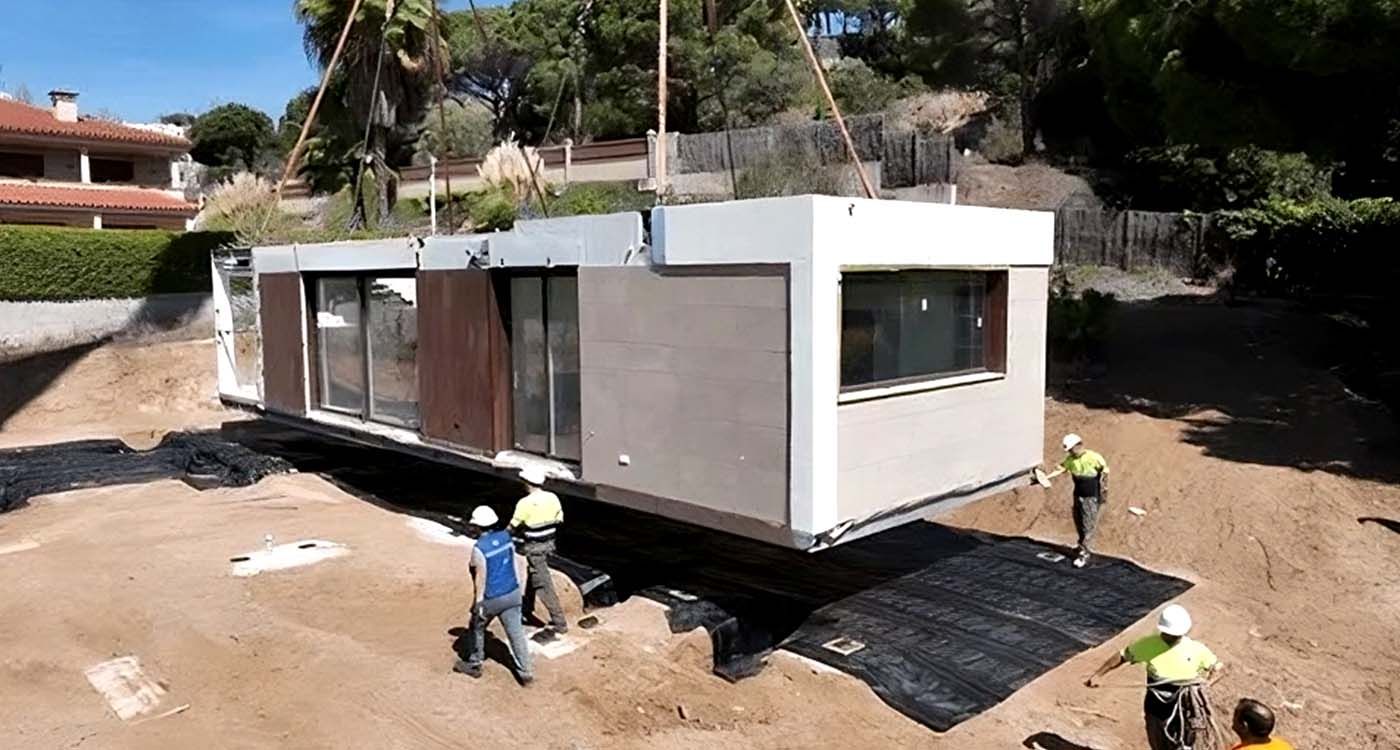
Following the Hezbollah-Israel conflict, Lebanon is undergoing a rapid reconstruction phase, with a sharp rise in demand for prefabricated homes. Quick to assemble and relatively affordable, these structures have become a vital solution for Lebanese families looking to rebuild their damaged homes or secure temporary housing.
Since the ceasefire, the revival of economic activity and urgent need to shelter thousands of displaced people have led to a surge in prefabricated home orders. A supplier of prefabricated homes in Lebanon, who requested anonymity, revealed to This is Beirut that there is a 30% increase in demand. Businesses in this sector, which had seen a decline in orders during the war, are now experiencing a surge in activity, particularly in southern Lebanon and the Beqaa Valley, where the destruction was most severe.
Made from lightweight materials, these homes are easy and quick to assemble, allowing families affected by the war to have a roof over their heads in record time. A single unit can be delivered within a week, while larger orders require up to 15 days of preparation, with deliveries proceeding at a rate of one unit per day.
Affordability is another key advantage. The cost is about $300 per square meter, or roughly $15,000 for a 50m² unit, which is the most popular size. The most popular layouts include two bedrooms, a kitchen, a living room and a bathroom. Many private buyers have placed orders, especially following the election of the President and the formation of the new government. State institutions are also preparing for deployments in the south, where much of the infrastructure has been destroyed. Others are awaiting the Israeli withdrawal before setting up prefabricated homes.
On another hand, an industry expert predicts demand will continue to rise in the coming months due to the slow pace of traditional reconstruction and the lack of financial aid. Several local companies, along with international partners, have already launched initiatives to provide prefabricated homes to vulnerable communities, with support from humanitarian organizations.
While the prefabricated housing market is not new to Lebanon, the recent war has accelerated its growth. These homes offer flexibility, lower costs compared to traditional construction and the ability to be installed on damaged or inaccessible land—making them an essential solution in the current crisis.




Comments